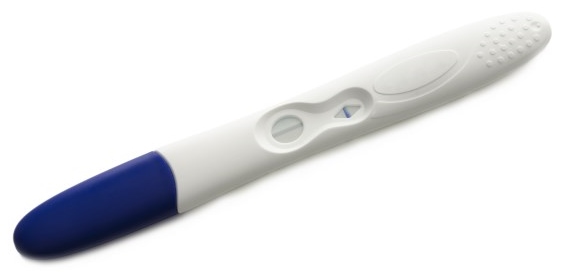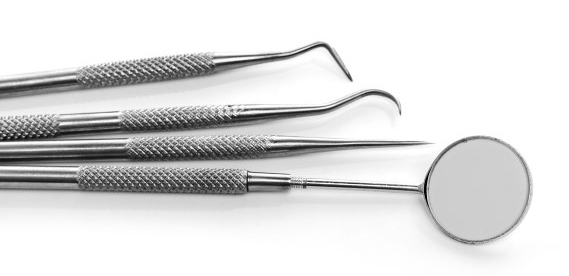PRINTED IN TCI WEEKLY NEWS
June 9th, 2012

In this second part of two dealing with oral care during pregnancy I will cover the specific dental problems that can occur as a result of being pregnant and the best way of dealing with them. Do not worry if find that you are experiencing one or more of these problems. However, ensure that you are maintaining a good dental care regime of twice daily brushing with a fluoride toothpaste and daily flossing. Try to visit your dentist at least once during your pregnancy.
Pregnancy Gingivitis (gum disease)
The symptoms of pregnancy gingivitis are the same as those for general gingivitis- red and inflamed or swollen gums that bleed easily. However, the causes are different. Pregnancy gingivitis is due to the increased hormone levels in the body exaggerating the degree to which the gums react to the bacteria in plaque. It is also thought that the increased levels of hormone may enhance the growth of certain bacteria that cause gingivitis.
It can start as early as the second month and tends to peak around the eighth month.
Whilst it is a common problem and generally not too severe, it is important to maintain good oral hygiene to minimize the effects of pregnancy gingivitis and prevent it escalating into anything more serious. A sensible regime to follow is: brush your teeth twice a day, (when you wake in the morning and before you go to bed at night) using a fluoride toothpaste and a soft bristled brush paying particular attention to the gum line; floss gently between the teeth once a day and if you wish, use a non-alcohol-based mouth rinse.
It is recommended that you visit your dentist for a check-up during your pregnancy and a professional cleaning can help to treat pregnancy gingivitis. More aggressive treatments (such as gum surgery) are not recommended until after delivery.
Pregnancy granuloma (pregnancy tumor)
This is a growth on the gums that occurs in 2-10% of pregnant women and whilst it sounds scary is actually harmless. The only problems associated with are discomfort and on occasions interference with speech or eating.
A dentist can diagnose a pregnancy granuloma. They are red nodules, typically found near the upper gum line but can be found elsewhere in the mouth and usually develop during the second trimester. They can bleed easily and can form an ulcer. It is not known exactly why pregnancy granulomas occur but poor oral hygiene is definitely a  contributing factor and women suffering with them usually exhibit the symptoms of pregnancy gingivitis as well. Other factors are also thought to be hormones, viruses and possibly trauma.They are generally left untreated and will disappear after the baby is born. The only exception to this may be it impedes speech or eating, in which case a dentist can remove it. However, even when removed there is a chance that it might grow back.
contributing factor and women suffering with them usually exhibit the symptoms of pregnancy gingivitis as well. Other factors are also thought to be hormones, viruses and possibly trauma.They are generally left untreated and will disappear after the baby is born. The only exception to this may be it impedes speech or eating, in which case a dentist can remove it. However, even when removed there is a chance that it might grow back.
Tooth Erosion
This can be an unfortunate side effect of severe and prolonged morning sickness. Over a period of time the stomach acids that are brought up during vomiting that can erode the enamel of the teeth.
Whilst it might be quite instinctive to brush your teeth immediately after vomiting, this is not advised. Immediately after vomiting the enamel will have been weakened (by the stomach acids) and brushing will remove that enamel permanently. The best course of action is to rinse the mouth with water and wait 30 minutes to allow the enamel to re-harden.
Dry Mouth
This is a common complaint of pregnant women although not serious. The best was to deal with it is to ensure you drink plenty of water throughout the course of a day. Sugar-free chewing gum may also be helpful.
If you have any further questions or concerns regarding your oral health during your pregnancy, consult with your obstetrician or your dentist who will be happy to help.